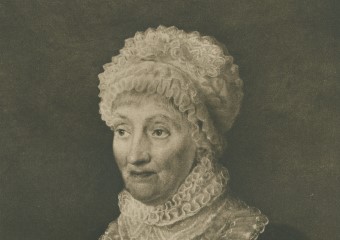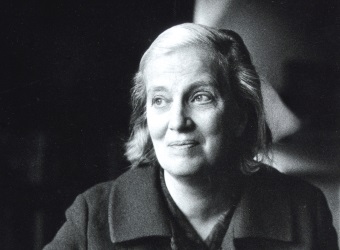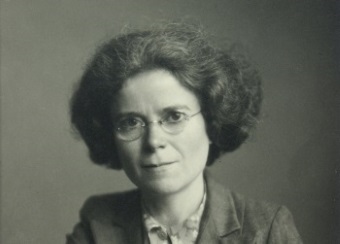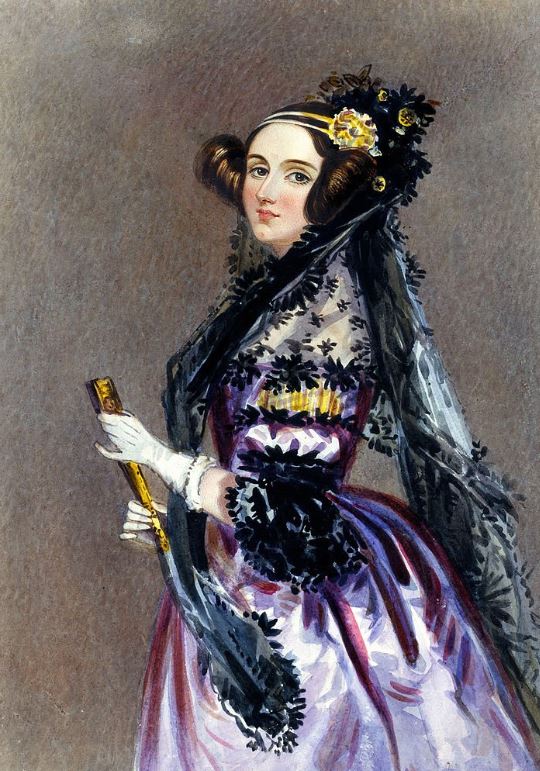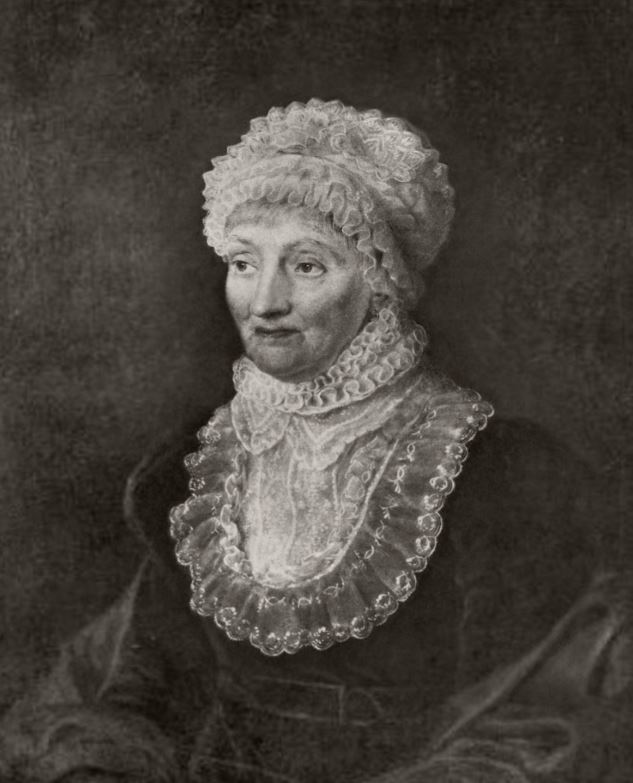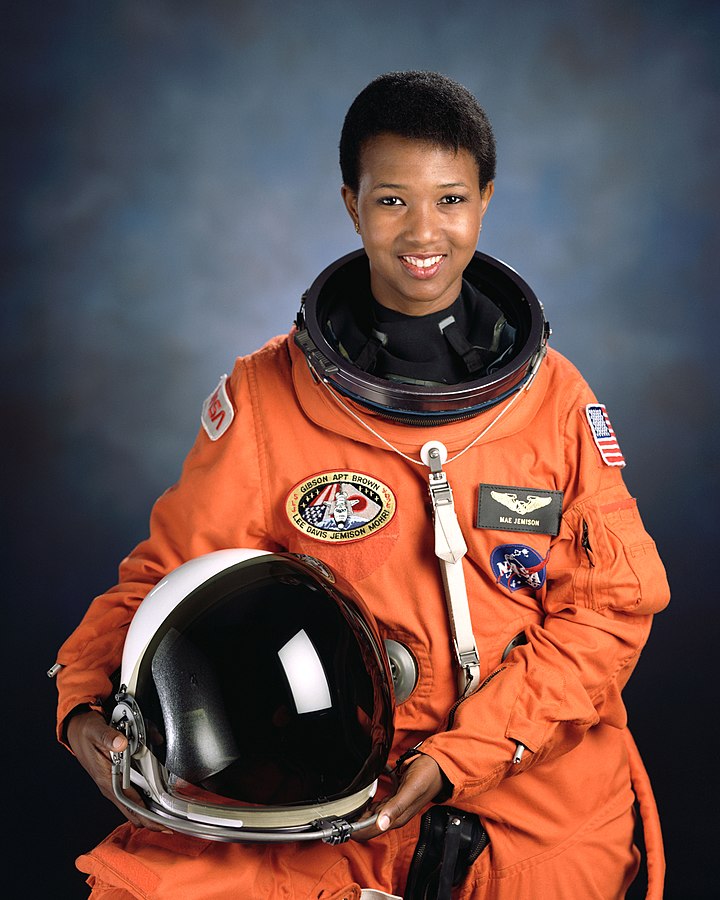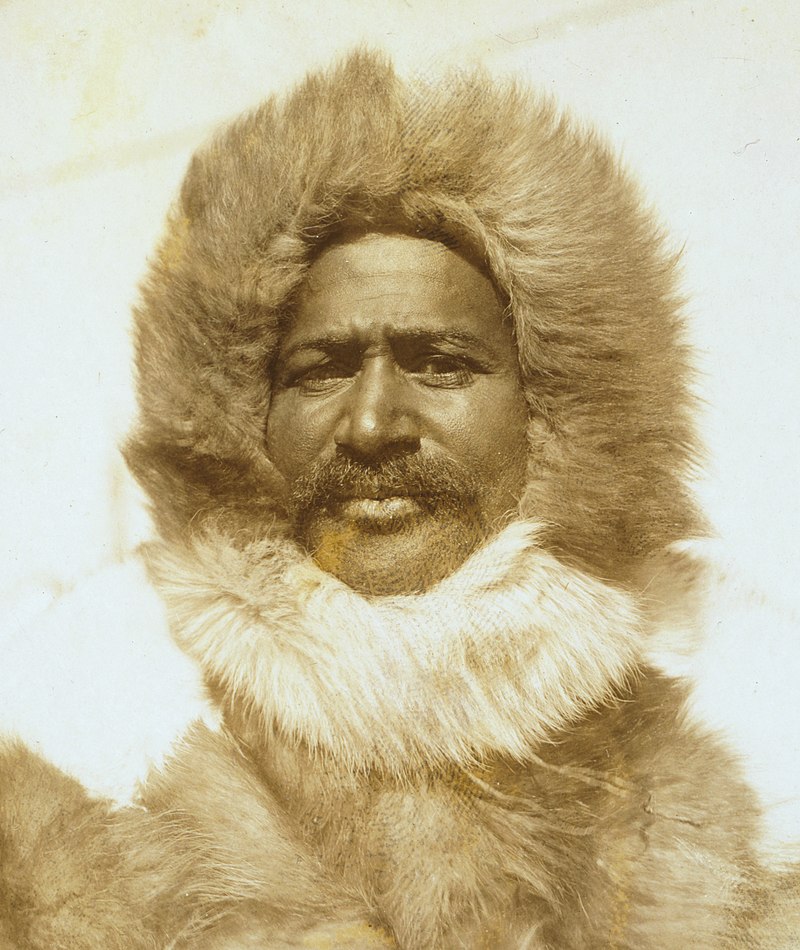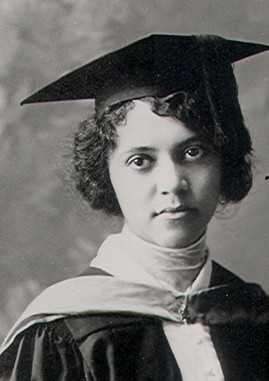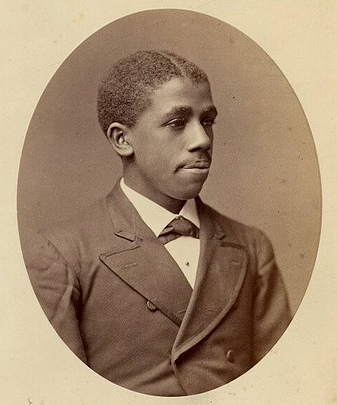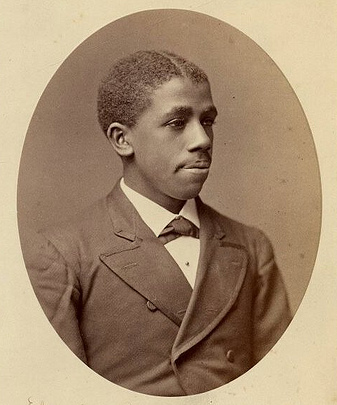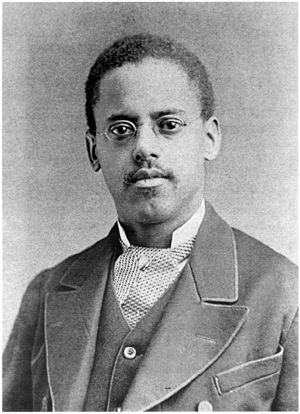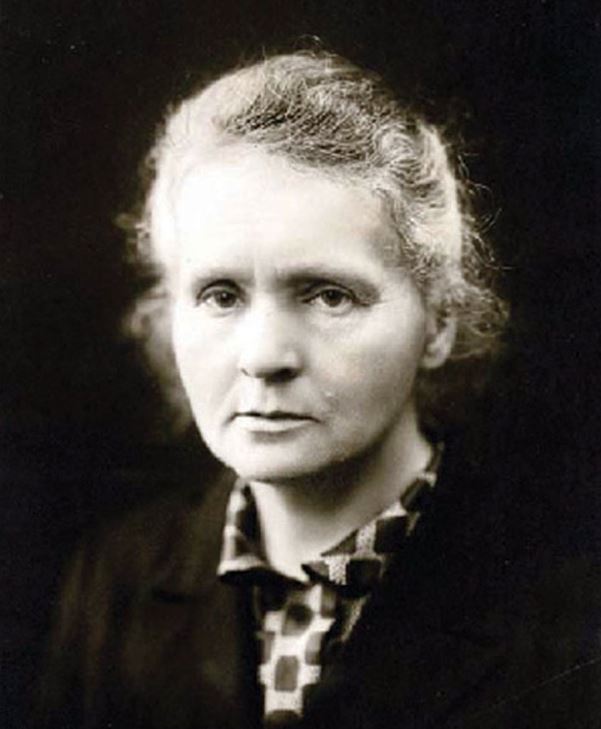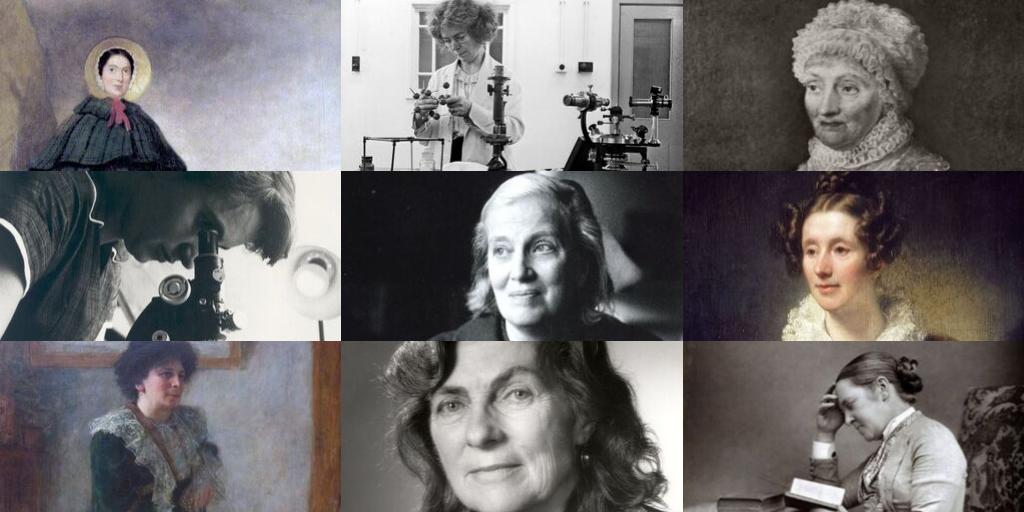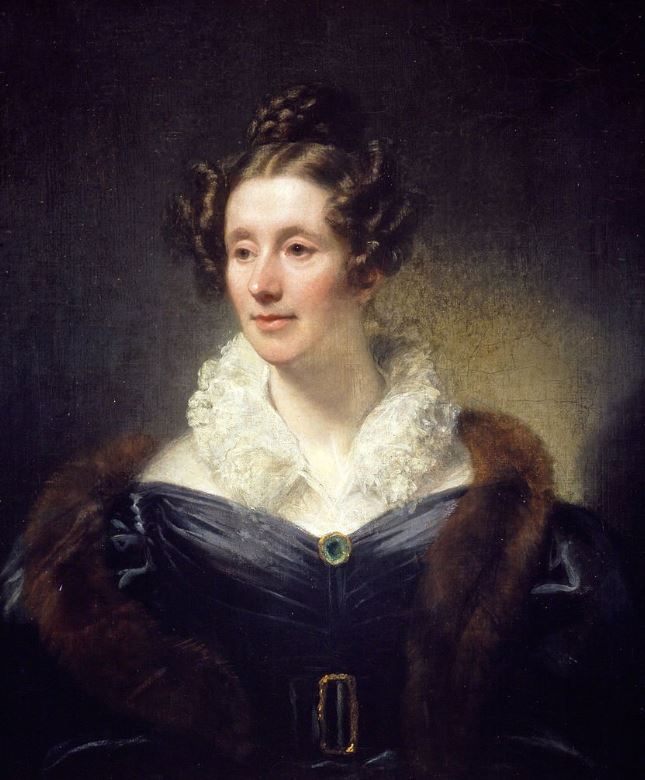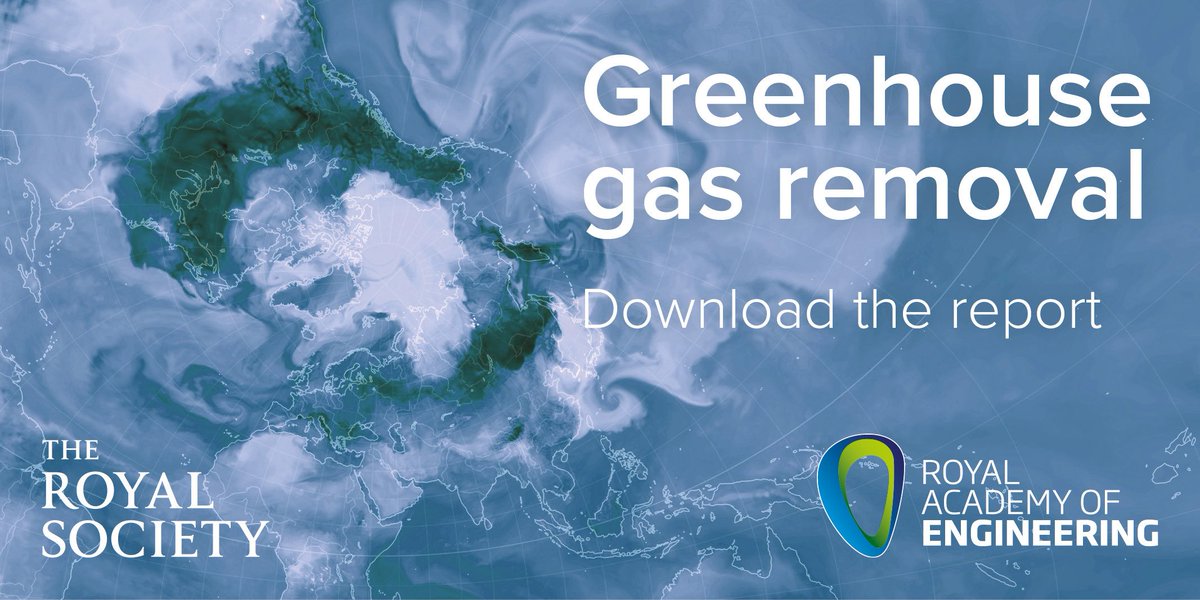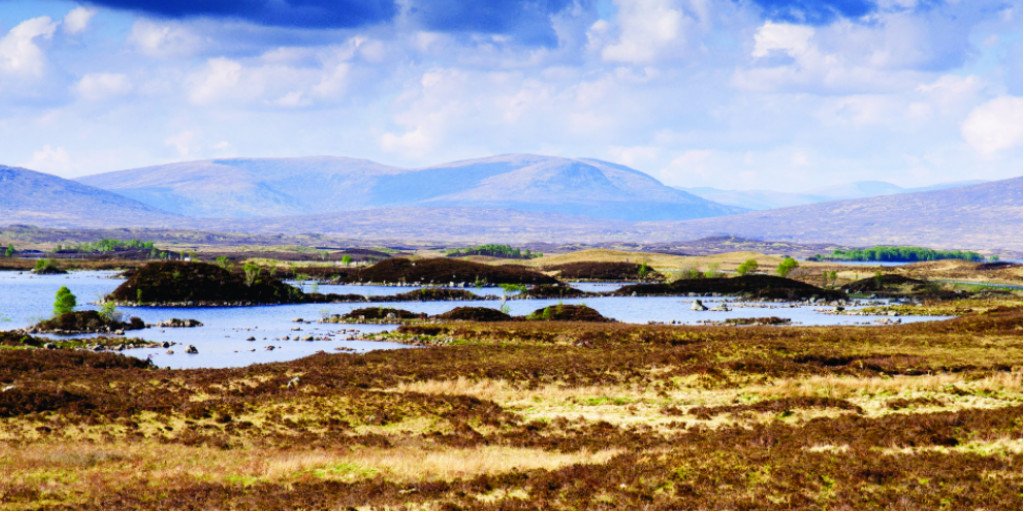
Parent Carer Scientist celebrates the diversity of work-life patterns of scientists across the UK, showcasing different approaches to maintaining successful careers alongside responsibilities as parents and carers. Read their stories: #AndAScientist royalsociety.org/topics-policy/… 

Professor Adele Marston and Professor Paul Palmer believe that cultural shifts, including the introduction of shared parental leave, have changed things for the better. From juggling shifts to finding roles, here’s their family journey: #AndAScientist
royalsociety.org/topics-policy/…
royalsociety.org/topics-policy/…

Dr Al Lambourne has been proactive in carving out time for family, planning work around time off using the government’s ‘unpaid parental leave’ scheme. Here’s his parenting story: #AndAScientist royalsociety.org/topics-policy/… 

In adapting to working whilst parenting, Professor Anita Thapar credits her mentors and colleagues who understood the demands of family. #AndAScientist
royalsociety.org/topics-policy/…
royalsociety.org/topics-policy/…

With her early experiences of splitting childcare with her husband, Dame Athene Donald FRS strongly encourages couples to take a shared approach. Read her case study: #AndAScientist royalsociety.org/topics-policy/… 

Navigating crises is something Professor Ben Sheldon has had to cope with both at work and at home. Read his case study: #AndAScientist royalsociety.org/topics-policy/… 

From meeting the challenges of parenting whilst completing a PhD to thriving as a researcher, Dr Chimene Laure Daleu says honesty is key to a supportive environment. #AndAScientist
royalsociety.org/topics-policy/…
royalsociety.org/topics-policy/…

In his case study, Dr Luke Boulter describes how having children forced him to strike more of a balance between work and home life – now quality time with the family is something he makes sure to protect. #AndAScientist royalsociety.org/topics-policy/… 

Working through success at work and sadness at home, Dame Ottoline Leyser FRS found her job and the support of her colleagues a stabilising influence. Read more of her case study here: #AndAScientist royalsociety.org/topics-policy/… 

Working smarter, taking advantage of flexibility when it’s offered, and knowing which opportunities to take are all part of Professor Saiful Islam’s parenting journey. See his story and all of our case studies on our website: #AndAScientist royalsociety.org/topics-policy/… 

• • •
Missing some Tweet in this thread? You can try to
force a refresh


